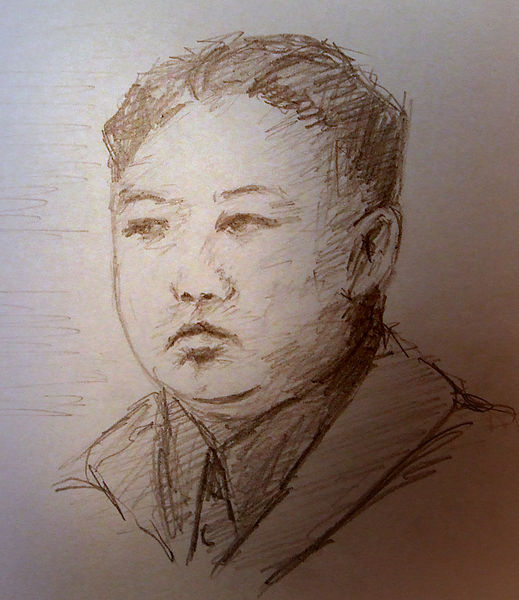On April 27th, 2018, the Inter-Korean Summit was held between North and South Korea, rekindling negotiations between the two countries in the peninsula. This also marked the first time since the end of the Korean War that a North Korean leader stepped into South Korea and vice versa. This summit led to the Panmunjom Declaration for Peace, Prosperity and Unification of the Korean Peninsula, with the two countries aiming to spark a new era of reconciliation and unity between two nations that are often deemed to have contrasting values. Historically, South Korea has been considered as more westernized and ethical compared to the North which has traditionally been considered more obsolete and unprincipled.
Yet, that idea of criminality is constructed — North Korea is not criminal. While they do have nuclear weapons, they are not corrupt. The idea of corruption and antiquity often associated with the Northern nation is primarily due to bias from American media in delineating North Korea to be such a nefarious and undeveloped country, starting with the media’s depictions of their leader: Kim Jong Un.
Kim Jong Un studied in Switzerland as a child before finishing his higher education in North Korea at the prestigious Kim-Il Sung University, mainly educated in the University’s military branch. There, he gained a familiarity with Western culture and grew to enjoy basketball, thus prompting him to invite the likes of longtime NBA star Dennis Rodman to North Korea. This same man quickly rose to power to make the minuscule nation of North Korea a powerful influencer in foreign policy and negotiations, forcing other countries to take notice despite the nation’s inconsequential status.
Yet, he is often considered erratic and immature, which was best depicted in the January 18th, 2016 cover of the New Yorker by Anita Kun. Here, Un is illustrated as a chubby child who is playing with missiles, tanks and other various weaponry, thus indicating the primary perspective Americans had and continue to have of the North Korean leader — that of a spoiled leader lacking the intelligence to properly govern a country, let alone weapons of mass destruction. However, the idea that he lacks intelligence is simply erroneous — Un, following the abrupt death of his father, has made North Korea a nation of consequence and relevance, although such was done primarily through its nuclear weapons. Nevertheless, for a country of only 46,541 square miles to have become so relevant speaks volumes about Un’s intelligence and the means he used this to help the country better achieve prominence.
That said, the nuclear weapons that are so often targeted to denigrate North Korea seem to be becoming impertinent. North Korea is planning on dismantling its nuclear test site sometime this month, according to CNN. Should North Korea completely demolish their nuclear program? The U.S. seems amiable to negotiations about the current sanctions on the Communist nation, which would allow for better action towards the unification of the Korean Peninsula with less domination in inter-Korean politics from the U.S. This would allow the prevalent Korean dream of a unified Korea to potentially become a reality. Thus, Un, along with newly elected South Korean President Moon Jae-In, have made it so this dream seems achievable. Nonetheless, Un was cordial in peace talks, delineating his nature, which is not that of a corrupt dictator but that of a Korean citizen — one who yearns for the unification of the Korean Peninsula.
Un is simply a motivated individual who aims to do the most for his people — he is not immature, irrational or unintelligent. He is another Korean with the same dream, a Korean who has taken great action to achieve that dream. With these new steps and communication, the future for the Korean Peninsula finally seems bright after years of turmoil and conflict. This gives hope to those in Korea as well as those watching from afar. The Korean War seems to have finally come to a close.


